Pneumonia
Table of Contents
What is pneumonia?
Pneumonia is an infection of 1 or both of the lungs caused by bacteria, viruses, or fungi. It is a consequential infection in which the air sacs fill with pus & another liquid.
- Lobar pneumonia affects 1 or more sections (lobes) of the lungs.
- Bronchial pneumonia (also known as bronchopneumonia) harms patches throughout both lungs.
- Pneumonia is an infection that inflames the little air sacs in one or both lungs. The little air sacs may fill with fluid or pus (purulent material), causing cough with phlegm or pus, fever, chills, & difficulty breathing. A variety of organisms, involving bacteria, viruses & fungi, can cause pneumonia.
- Pneumonia can range in seriousness from slight to life-threatening. It is most serious for infants & young children, people older than age 65, & people with health problems or weakened immune systems.
What are the symptoms of pneumonia?
The symptoms of bacterial pneumonia include:
- Bluish color to lips and fingernails
- Confused mental state or delirium, specially in older people
- Cough that creates green, yellow, or bloody mucus
- Fever
- Heavy sweating
- Loss of appetite
- Low energy and extreme tiredness
- Rapid breathing
- Rapid pulse
- Shaking chills
- Sharp or stabbing chest pain that is poor with deep breathing or coughing
- Shortness of breath that gets poor with activity.
Before symptoms of viral pneumonia are the same as those of bacterial pneumonia, which may be followed by:
- Headache
- Increasing shortness of breath
- Muscle pain
- Weakness
- Worsening of the cough.
Mycoplasma pneumonia has somewhat different symptoms, which involve a severe cough that may produce mucus.
What are the causes of pneumonia?
There are more than 30 various causes of pneumonia, and they’re grouped by the cause. The main types of pneumonia are:
- Bacterial pneumonia. Bacterial pneumonia. This type is caused by different bacteria. The most usual is Streptococcus pneumonia. It usually occurs when the body is weakened in some way, such as by illness, poor nutrition, old age, or impaired immunity, & the bacteria are able to work their way into the lungs. Bacterial pneumonia can affect all ages, yet you are at greater risk if you abuse alcohol, smoke cigarettes, are debilitated, have lately had surgery, have a respiratory disease or viral infection, or have a weakened immunity system.
- Viral pneumonia. This type is caused by different viruses, including the flu (influenza), & is responsible for about one-third of all pneumonia cases. You may be more likely to obtain bacterial pneumonia if you have viral pneumonia.
- Mycoplasma pneumonia. This type has somewhat various symptoms and physical signs and is referred to as atypical pneumonia which is caused by the bacterium known as Mycoplasma pneumoniae. It commonly causes mild, widespread pneumonia that affects all age groups.
- Other cases of pneumonia. There are other less common cases of pneumonia that other infections including fungi may cause.
Community-acquired pneumonia
Community-acquired pneumonia is the most usual type of pneumonia. It may occur outside of hospitals or other healthcare facilities. It may be caused by:
- Bacteria. The most usual cause of bacterial pneumonia in the U.S. is Streptococcus pneumonia. This type of pneumonia can happen on its own or after you’ve had a cold or the flu. It may affect one lobe of the lung, a condition known as lobar pneumonia.
- Bacteria-like organisms. Mycoplasma pneumonia can cause pneumonia. It commonly produces milder symptoms than other types of pneumonia. Walking pneumonia is an informal name for this type of pneumonia, which is typically not severe enough to require bed rest.
- Fungi. This type of pneumonia is most usual in people with chronic health problems or weakened immune systems, and in people who have inhaled large doses of the organisms. The fungi that cause it can be found in soil or bird droppings and differ depending upon geographic location.
- Viruses, involving COVID-19. Certain viruses that cause colds and the flu can cause pneumonia. It is the most commonly seen pneumonia in children younger than five. Viral pneumonia is commonly mild. Yet in some cases, it can become severe. Coronavirus 2019 (COVID-19) may cause pneumonia, which can become serious.
Hospital-acquired pneumonia
Certain people catch pneumonia during a hospital stay for another illness. Hospital-acquired pneumonia can be serious because the bacteria causing it may be more resistant to antibiotics & because the people who get it are already sick. People who are on breathing machines (ventilators), sometimes used in intensive care units, are at higher risk of this type of pneumonia.
Health care-acquired pneumonia
Healthcare-acquired pneumonia is a bacterial infection that happens in people who live in long-term care facilities or who receive care in outpatient clinics, involving kidney dialysis centers. Like hospital-acquired pneumonia, healthcare-acquired pneumonia can be caused by bacteria that are more resistant to antibiotics.
Aspiration pneumonia
Aspiration pneumonia happens when you inhale food, drink, vomit, or saliva into your lungs. Aspiration is more likely if something disturbs your normal gag reflex, like a brain injury or swallowing problem, or excessive use of alcohol or drugs.
Who is at risk for pneumonia?
Anyone can get pneumonia. However, the following groups are at the highest risk factors:
- Adults ages 65 & older,
- Children younger than age 2,
- People with certain medical conditions,
- People who smoke.
Other risk factors include:
- Being hospitalized. You are at greater risk of pneumonia in a hospital intensive care unit, especially if you’re on a machine that helps you breathe (a ventilator).
- Chronic disease. You are more likely to get pneumonia if you have asthma, chronic obstructive pulmonary disease (COPD), or heart disease.
- Smoking. Smoking damages your body’s natural defenses against the bacteria & viruses that cause pneumonia.
- Weakened or suppressed immune system. People who have HIV/AIDS, who have had an organ transplant, or who receive chemotherapy or long-term steroids are at the risk.
What are the complications of pneumonia?
Most people with pneumonia respond well to treatment, yet pneumonia can be very serious and even deadly. You are more likely to have complications if you are an older adult, a very young child, have a weakened immune system or have a serious medical problem such as diabetes or cirrhosis. Even with treatment, certain people with pneumonia, especially those in high-risk groups, may experience complications, involving:
- Bacteria in the bloodstream (bacteremia). Bacteria entering your lungs’ bloodstream can spread the infection to another organ, potentially causing organ failure.
- Acute respiratory distress syndrome (ARDS). This is a serious form of respiratory failure.
- Respiratory failure. This needs the use of a breathing machine or ventilator.
- Difficulty breathing. If your pneumonia is serious or you have chronic underlying lung diseases, you may have trouble breathing in enough oxygen. You may require to be hospitalized and use a breathing machine (ventilator) while your lung heals.
- Fluid accumulation around the lungs (pleural effusion). Pneumonia may cause fluid to build up in the narrow space between layers of tissue that line the lungs & chest cavity (pleura). If the fluid becomes infected, you may require to have it drained through a chest tube or removed with surgery.
- Sepsis. This is when the infection is acquired in the blood. It may lead to organ failure.
- Lung abscess. An abscess happens if the pus forms in a cavity in the lung. An abscess is commonly treated with antibiotics. Sometimes, surgery or drainage with a long needle or tube placed into the abscess is required to remove the pus. These are pockets of pus that form inside or throughout the lung. They may require to be drained with surgery.
How is pneumonia diagnosed?
Diagnosis is commonly made based on your recent health history (such as surgery, a cold, or travel exposures) & the extent of the illness. Based on these factors, your healthcare provider & doctor may cause diagnosis pneumonia simply on a thorough history & physical exam. The following tests may be used to confirm the diagnosis of pneumonia:
- Chest X-ray. This test takes pictures of the internal tissues, bones, and organs, involving the lungs.
- Blood tests. This test may be used to look whether the infection is present & if the infection has spread to the bloodstream (blood cultures). Arterial blood gas testing checks the amount of oxygen (O2) in your bloodstream.
- Sputum culture. This test is done in the material that is coughed up from the lungs & into the mouth. It is often used to look if there is an infection in the lungs.
- Pulse oximetry. An oximeter is a little machine that measures the amount of oxygen in the blood. A little sensor is taped or clipped into a finger. When the machine is on, a little red light can be seen on the sensor. The test is painless & the red light does not get hot.
- Chest CT scan. This imaging procedure uses a combination of X-rays & computer technology to create sharp, detailed horizontal, or axial, images (sometimes called slices) of the body. A CT scan shows detailed images of any part of the body, involving the bones, muscles, fat, & organs. CT scans are more detailed than regular X-rays.
- Bronchoscopy. This is a direct examination of the bronchi (the main airways of the lungs) using a flexible tube (called a bronchoscope). It assists to evaluate & diagnose lung problems, assessing blockages, & take out samples of tissue and/or fluid for testing,
- Pleural fluid culture. In this test, the sample of the fluid sample is taken from the pleural space. This is the space between the lungs & chest wall. A long, tiny needle is put through the skin in between the ribs & into the pleural space. Fluid is pulled into the syringe attached to the needle. It is sent to the lab where it is tested to find out which bacteria is causing pneumonia.
How is pneumonia treated?
- Treatment depends on the various type of pneumonia you have. Most of the time, pneumonia is treated at home, yet severe cases may be treated in the hospital. Antibiotics are used for bacterial pneumonia. Antibiotics may also speed recovery from mycoplasma pneumonia & certain special cases. Most viral cases of pneumonia do not have specific treatment. They commonly get better on their own.
- Other treatments may involve eating well, increasing fluid intake, getting rest, oxygen therapy, pain medicine, fever control, & maybe cough-relief medicine if the cough is severe.
Prescription medications
- Your doctor may prescribe a medication to assist treat your pneumonia. What you are prescribed will depend on the personal cause of your pneumonia.
- Oral antibiotics can be treating most cases of bacterial pneumonia. Always take your full course of antibiotics, even if you begin to feel better. Not doing so can cure the infection from clearing, & it may be harder to treat in the future.
- Antibiotic medications do not work on viruses. In certain cases, your doctor may prescribe the antiviral. However, many cases of viral pneumonia clear on their allow with at-home care.
- Antifungal medications are used to be treating fungal pneumonia. You may have to take this medication for some weeks to clear the infection.
Pain relieving medications
- Your doctor may also recommend Pain relieving medications mainly Non-steroidal anti-inflammatory drugs (NSAIDs) to relieve your pain & fever, as required.
These may involve:
- aspirin
- ibuprofen (Advil, Motrin)
- acetaminophen (Tylenol).
- Your doctor may recommend cough medicine to calm your cough so you can rest. Keep in mind coughing assists remove fluid from your lungs, so you do not want to eliminate it entirely.
Home remedies
- Although home remedies do not actually treat pneumonia, there are some things you can do to assist ease symptoms.
- Coughing is one of the most usual symptoms of pneumonia. Natural ways to relieve the cough include gargling salt water or drinking peppermint tea.
- Cool compresses can work to relieve fever. Drinking warm water or having a nice warm bowl of soup can assist with chills. Here are more home remedies to try.
- You can assist your recovery and prevent a recurrence by getting a lot of rest and drinking plenty of fluids.
- Although home remedies can help ease symptoms, it is important to stick to your treatment plan. Take any prescribed medications as directed.
Hospitalization
- If your symptoms are very severe or you have other health problems, you may require to be hospitalized. At the hospital, doctors can retain track of your heart rate, temperature, & breathing. Hospital treatment may involve:
- antibiotics injected into the vein,
- respiratory therapy, which includes delivering specific medications directly into the lungs, or teaching you to perform, breathing exercises to maximize your oxygenation,
- oxygen therapy to stable oxygen levels in your bloodstream (received through a nasal tube, face mask, or ventilator, depending on severity).
Can pneumonia be prevented?
- To assist prevent pneumonia:
- Check with your healthcare provider & doctor about getting immunizations. The flu is a typical cause of pneumonia. Because of that, getting a flu shot every year can assist prevent both the flu and pneumonia.
- There is also a pneumococcal vaccine. It will cure you of a common form of bacterial pneumonia. Children younger than age five and adults ages 65 and older should get this shot.
- The pneumococcal shot is also recommended for all children & adults who are at increased risk of pneumococcal disease due to other health conditions.
- Get vaccinated: Vaccines are available to cure certain types of pneumonia and the flu. Talking with your doctor about getting these shots. The vaccination guidelines have changed over time so make sure to review your vaccination status with your doctor even if you recall before receiving a pneumonia vaccine.
- Make sure children get vaccinated. Doctors recommend various pneumonia vaccines for children younger than age 2 and for children ages 2 to 5 years who are at particular risk of pneumococcal disease. Children who attend a group childcare center should get the vaccine. Doctors recommend flu shots for children older than 6 months.
- Practice the best hygiene. To protect yourself against respiratory infections that often lead to pneumonia, wash your hands regularly or use an alcohol-based hand sanitizer.
- Do not smoke. Smoking damages your lung’s natural protection against respiratory infections.
- Keeping your immune system strong. Get sufficient sleep, exercise regularly & eat a healthy diet.
Is pneumonia curable?
- Different infectious agents cause pneumonia. With particular recognition & treatment, many cases of pneumonia can be cleared without any complications.
- For bacterial infections, stopping your antibiotics early can cause the infection to not know completely. This means your pneumonia could have come back.
- Stopping antibiotics early can contribute to antibiotic resistance. Antibiotic-resistant infections are more harmful to treat.
- Viral pneumonia sometimes resolves in 1 to 3 weeks with at-home treatment. In certain cases, you may need antivirals.
- Antifungal medications treatment of fungal pneumonia. It may need a longer period of treatment.
FAQs
The term pneumonia is often more broadly applied to any condition resulting in inflammation of the lungs (caused for example by autoimmune diseases, chemical burns, or drug reactions); however, this inflammation is more accurately referred to as pneumonitis.
Pneumonia is an infection that inflames the air sacs in one or both lungs. The air sacs may fill with fluid or pus (purulent material), causing cough with phlegm or pus, fever, chills, & difficulty breathing. A variety of organisms, involving bacteria, viruses, & fungi, can cause pneumonia.
Bronchopneumonia. Bronchopneumonia is a type of pneumonia that mostly harms the bronchi and bronchioles. These are the system of tubes that bring air into your lungs. This type of pneumonia sometimes spreads to other parts of the lungs if not treated effectively.
How serious your pneumonia depends on your age, your overall health, and what is causing your infection. To diagnose pneumonia, your doctor will review your medical history, perform a physical exam, & order diagnostic tests such as a chest X-ray. This information can assist your doctor to determine what type of pneumonia you have.

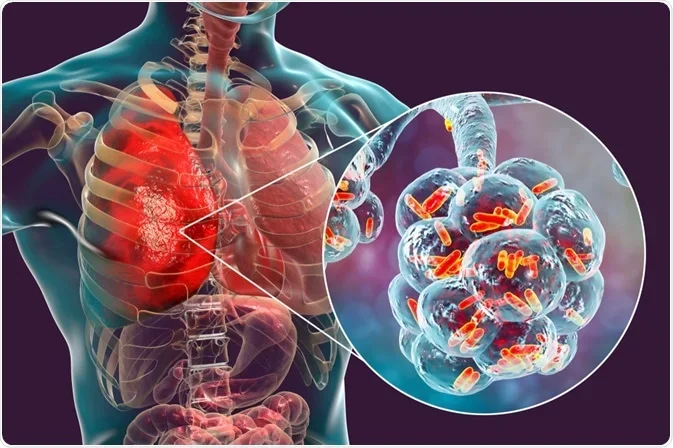
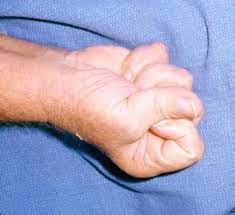
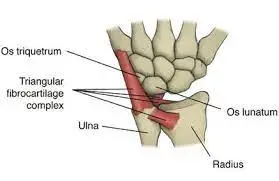
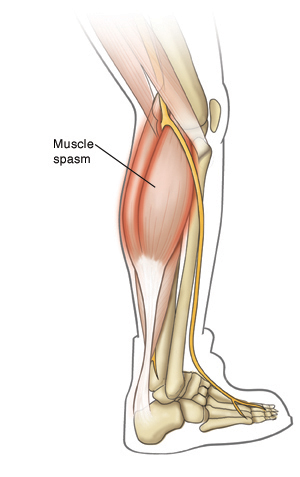
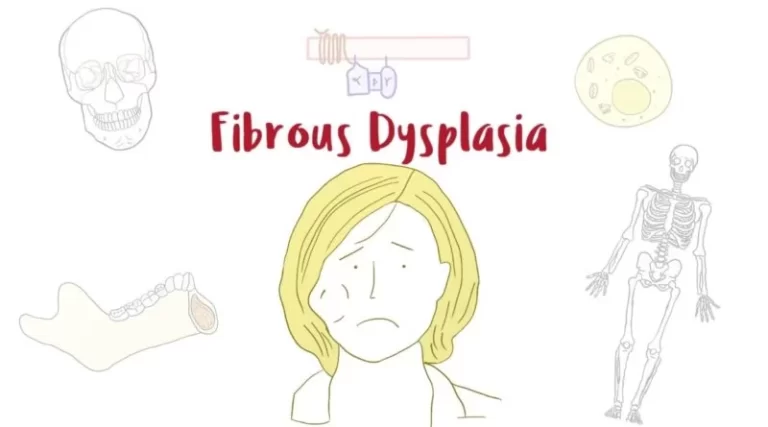
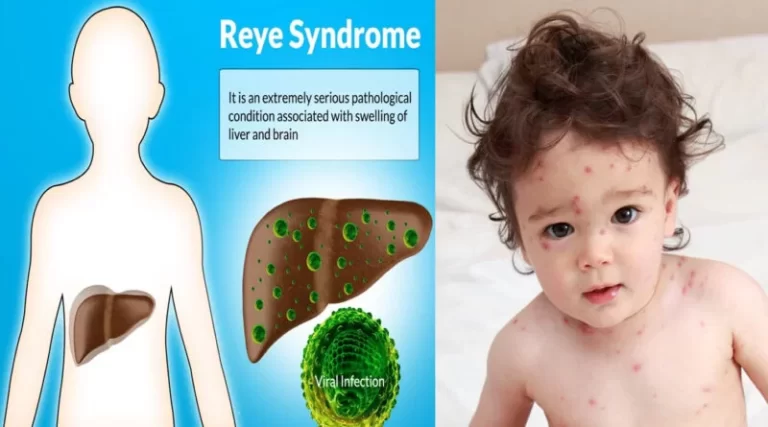
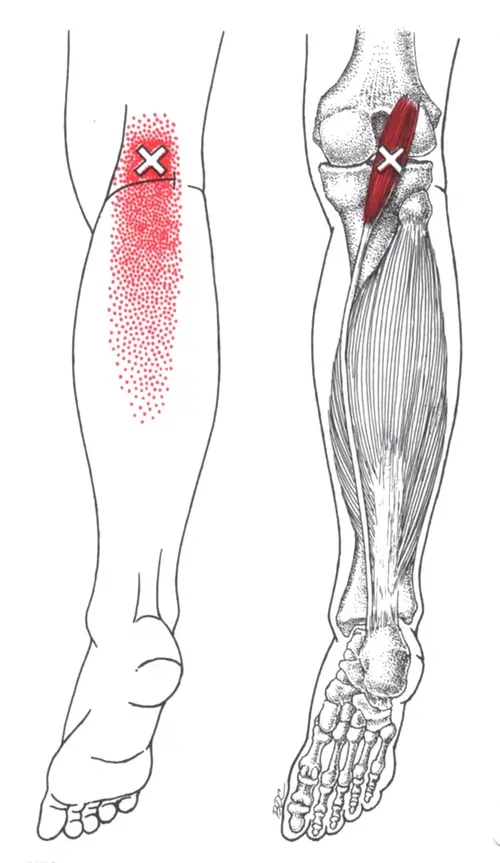
18 Comments